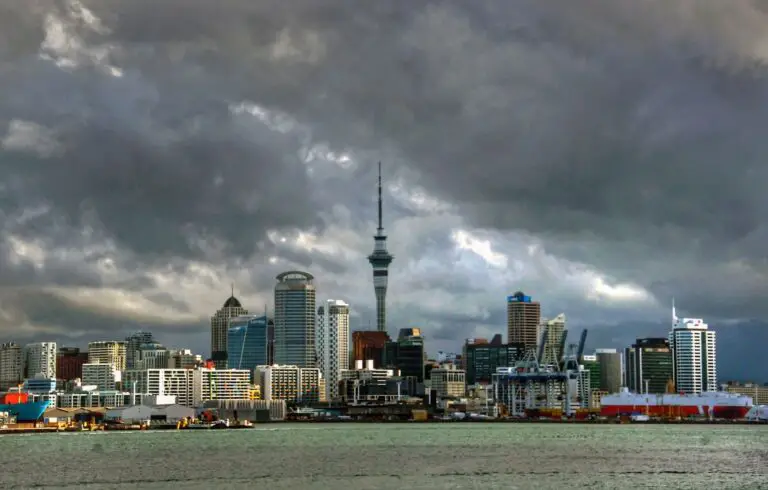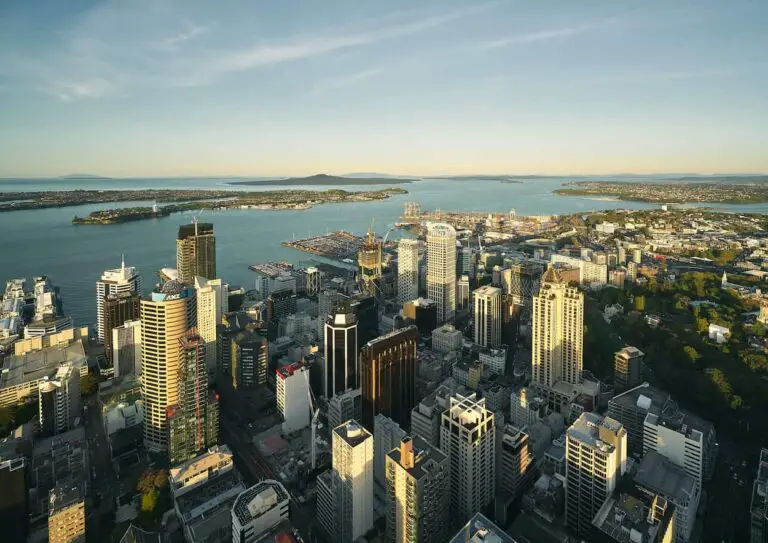Moving To New Zealand in 2024: Things To Know and 16 Mistakes To Avoid
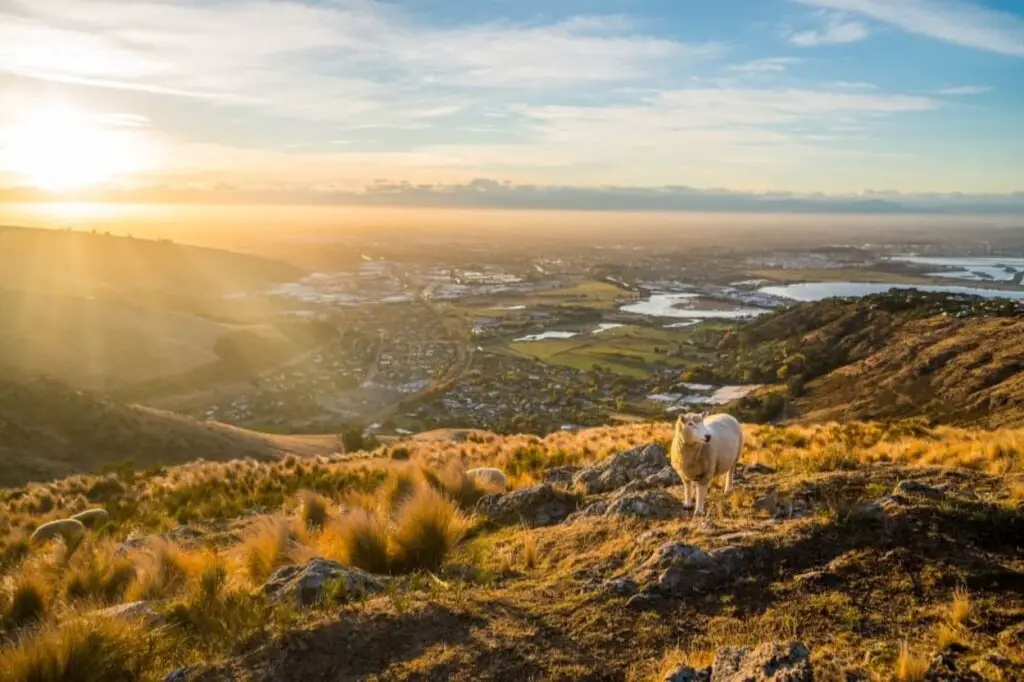
Moving abroad is a complex process that involves a lot of work. Whether you are moving to New Zealand or only planning, there are plenty of things to know and opportunities for mistakes. This article is a must-read for everyone who moves to New Zealand in 2024.
Also, watch the full video on this topic:
1. Budget enough money
Many people make the mistake of not having enough money when they move to New Zealand. Because you cannot expect to spend exactly the amount you have budgeted for because you will pay more, I promise you. There are plenty of unexpected expenses that one can’t predict.
New Zealand is an expensive place with an average monthly cost of living of about NZ$5,000 for a single. If you only check online for current prices, you might be surprised when coming here. Costs in real life tend to be higher than websites and blog mention. Read this article about the cost of immigration to NZ.
The cost of living is also rapidly growing due to inflation, so sources might not be updated on time. Check out our articles about the cost of living so you stay up to date.
It’s a good rule of thumb to have more money than you have budgeted when moving to New Zealand. I recommend having at least US$20,000 as a single and double that as a family.
Some typical expenses when moving to New Zealand include:
- Car and car insurance
- Rent
- Deposit for rental property (bond)
- Furniture
- Insurances
Read the full guide on the cost of living in New Zealand.
2. Do a lot of research
Immigrants also fail to perform enough research when moving to New Zealand. You should search the city you plan to live in, weather and climate, natural disasters, rents, house prices, employment opportunities, schools and daycare options, neighbourhoods, etc.
Make sure you know everything about the suburb you are moving to. For instance, could you afford to buy a house there?
This is especially important if you get a chance to choose the city you are moving to. If so, read our articles on the best and worst cities to live in New Zealand.
3. Give enough time to adjust
Another mistake I see people make is not giving themselves enough time to move to get accustomed to New Zealand. It’s another part of the world, so take time to get used to it and settle. Don’t start working or studying immediately after you land in a new country.
I would recommend having at least two weeks’ time to learn about the country, your surroundings and to get into your new routine. It’s not a good idea to have a hectic into your new life in New Zealand.
4. Learn how to drive
Whether you are an experienced driver or a beginner, everyone has to learn to drive in New Zealand. In fact, in this part of the world, we drive on the left side. So, it’s highly advisable to take a couple of lessons to get accustomed to roads before jumping behind the wheel.
Also, you should be aware that almost everyone drives in New Zealand. It’s really difficult to live in this country without a car. This is mainly because public transport is unreliable or unavailable in some locations.
5. Get a power plug adapter
Many countries across the world use different types of power plug sockets. New Zealand uses a type I and the standard voltage is 230 V. Therefore, it might differ for your country. Europe uses type C, while the US uses types A and B. So, get your plugs before arriving here.
I made this mistake and came to New Zealand without an adapter. In the end, I was forced to run around Wellington from shop to shop and seek the right power plug adapter, which no single department store had!
So, save a hustle and get an adapter well before you land in New Zealand or, worst case, at the airport.
6. Don’t bring cash
A must-know fact about New Zealand is that you don’t need a lot of cash here, if any. This country operates entirely on debit card payments, which are called EFTPOS.
Generally, everyone flying to New Zealand can bring up to US$10,000 without declaration and more if they declare it. Yet, even US$10,000 is an incredibly high amount, which you don’t need here.
Cash is pretty much useless in New Zealand, as you can’t pay with it for rent or other mandatory expenses apart from offline shopping and eating out. Even in that case, people at the counter will prefer you to pay cashless.
That said, if you bring cash in other than NZ$ currency, it will be a struggle to exchange it and for a reasonable conversion course.
7. Don’t rent a house from abroad
Yes, finding a house in New Zealand is challenging and time-consuming, but you shouldn’t rent a place before arriving there.
Kiwi houses are very different from what you are used to, so it’s crucial to visit the property before signing a contract.
The best solution is to book a hotel or Airbnb for the first two to four weeks of your stay in the country. That way, you will have enough time to visit vacant properties. You can browse available properties for a long-term lease on TradeMe.co.nz, it’s the best place.
8. Consider natural disasters
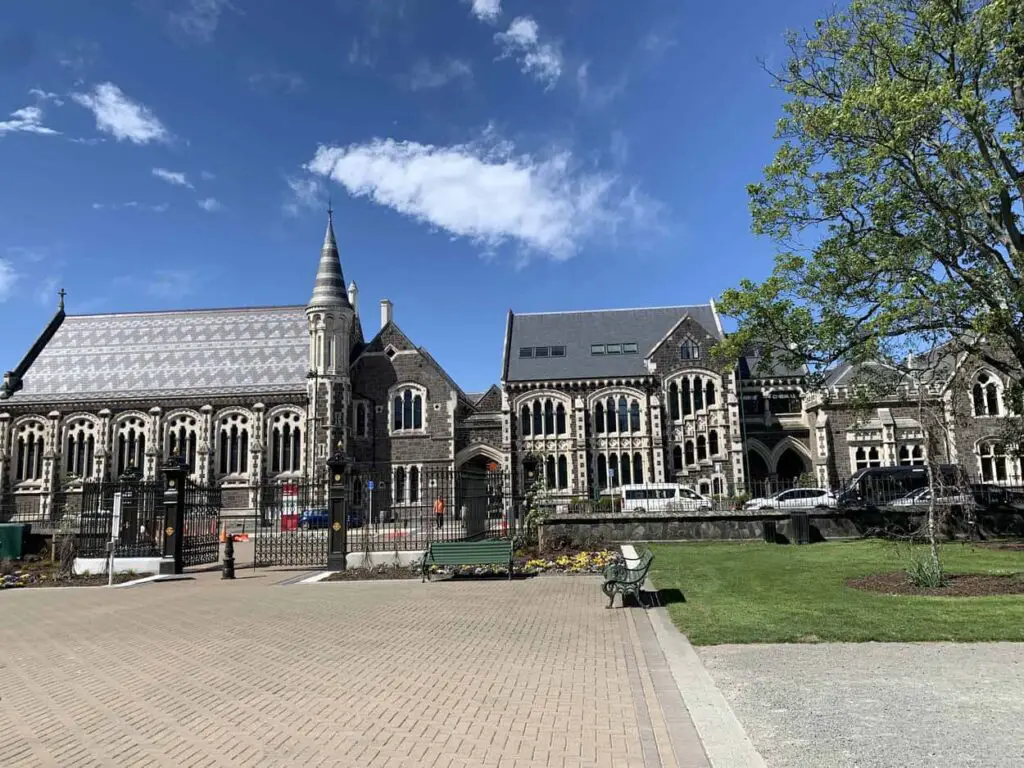
New Zealand is the epicentre of many natural disasters, and it’s a sad truth. The county has seen it all, from earthquakes, tsunamis, floods, and volcanic eruptions. The risk of particular natural hazards ranges depending on the location. For instance, floods might occur where it rains frequently and less frequently in areas with moderate precipitation.
Therefore, you should inform yourself and do detailed research on the area where you want to live in New Zealand. That way, you will be aware of possible catastrophes that might come your way.
9. Know the immigration laws of New Zealand
Everyone who moves to New Zealand should roughly know the immigration laws of this country. It is crucial, especially if you want to get a residency or another visa after your current one. In the end, one must qualify for the visa or residency; if you aren’t eligible, you might need to leave the country.
Therefore, it’s a good idea to study Immigration.govt.nz before making this big step.
Furthermore, you should know estimates for visa processing time so you can approximately plan your relocation to New Zealand. Immigration.govt.nz has estimates for each visa type & residency; in rare cases, the processing time is shorter than estimated. Usually, applicants wait even longer than a website says.
For me, the official processing time was 2 months, but in reality, it took over 4 months.
10. Get all your documents right
Any immigrant knows how important documents are and keeps an eye on the validity period of all papers (hopefully). Before you leave your country, don’t forget to renew your passport, get an international driving license, a police certificate, a medical report, and other relevant copies, translations, and certifications.
In the worst case, you might need to fly back home just to pick a necessary paper! Here are some of the documents you should consider packing to New Zealand:
- Birth certificate
- Marriage certificate
- Academic qualifications, apostille and translations
- References from previous employers & landlords
- CV
- Credit references
- Vaccination certificates
11. Consider the size – New Zealand isn’t a small country
Some people make a mistake and underestimate how large this country is. One needs to understand that driving from one part of New Zealand to another will take more than a day, and you can fly to any city in the country as most of them have an airport!
With that, you should carefully estimate your daily commuting time, especially if you are moving to cities like Auckland. Driving from one side of Auckland to the CBD can take over an hour and is even worse in traffic picks.
The same applies to other locations. New Zealand roads are curvy and windy, so, it takes a while to reach the destination.
12. Be aware of job opportunities in your city
If you are moving to New Zealand without a job offer, you should research job options for your occupation in your city. Not all cities and towns have job openings across various industries. In some locations, one field might dominate the labour market, so you might not have any choice.
For example, in Dunedin, the healthcare sector provides a large portion of new vacancies, while in Wellington, it’s jobs in tech and government. At the same time, places like Queenstown and Wanaka are mainly known for careers in tourism, so don’t expect many marketing positions in this region.
Seek.co.nz is the best job board in New Zealand.
13. Check the infrastructure
In some parts of the country, New Zealand is less developed than in others. Therefore, it’s crucial to be aware of the infrastructure of the surrounding area.
South Island is less populated and, hence, less developed. Not all towns and communities have supermarkets, schools, gyms, etc. For others, it might be a 20-minute drive to the next shop. These are very important considerations.
14. Be aware of prices
Some people move to New Zealand and get shocked when they enter the supermarket. Save your nerve system and check current prices for items that you consume by browsing main supermarket chains:
Pak’nSave is a discounter and can be compared to Aldi or Lidl. Generally, vegetables and fruits will be more expensive than in most other countries. You also pay more for meat, eggs, and dairy. Maybe it’s a good time to become a vegan.
15. Check crucial items you need
The biggest mistake you can make is not getting the medicine you need, which isn’t available in New Zealand. So, before you move here, check the availability and price of all the necessary items. This also includes services that are crucial to you.
If you need to visit a specific doctor regularly for some reason, check how much it will cost. In any case, everyone who requires some dentistry work to be done, e,g. fixing cavities should be done abroad, as New Zealand has crazy rates for dental treatments.
Lastly, you should get at least travel health insurance before coming to New Zealand to be on the safe side.
16. Don’t leave undone business back home
The last mistake one can make when moving to New Zealand is leaving things undone in your home country. If you are serious about New Zealand, nothing should keep your attention, and take your time back home.
Close, sell, and cancel everything, e.g., business, bank accounts, debts, contracts, subscriptions, mobile plans, furniture, appliances, etc. Nothing should hold you back.
Also, it would be inconvenient and somewhat annoying if you had to deal with people and companies from your country while in New Zealand. So, make sure there are no outstanding duties left when you are on your way to relocation to New Zealand.

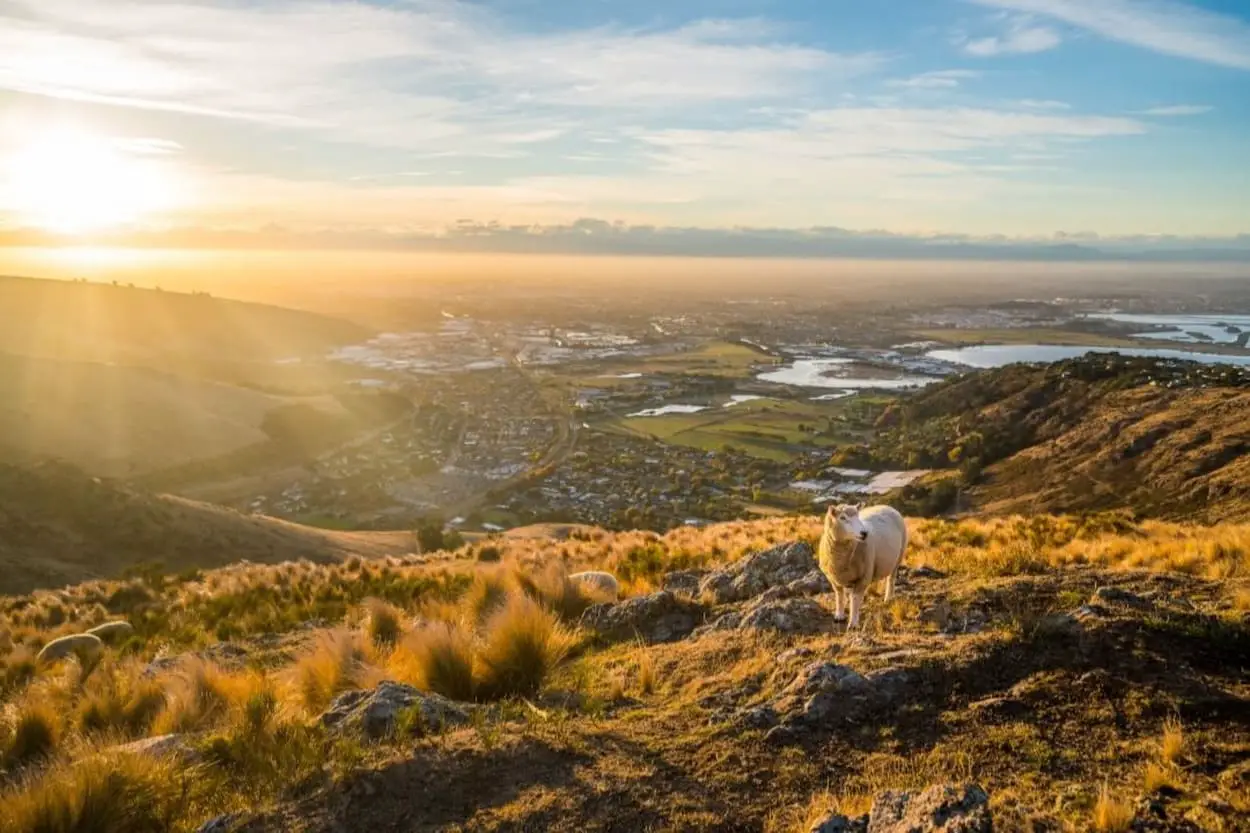

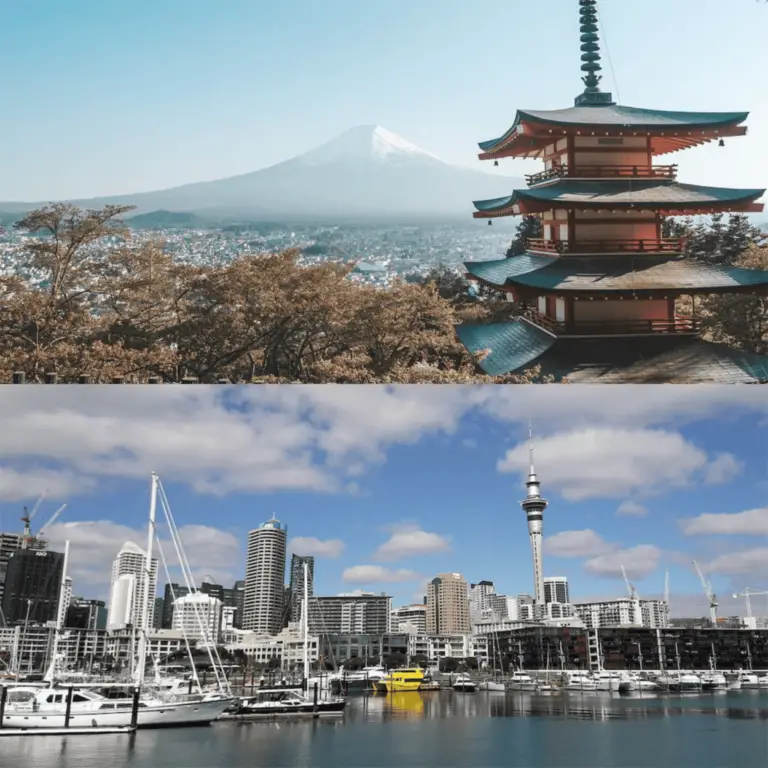
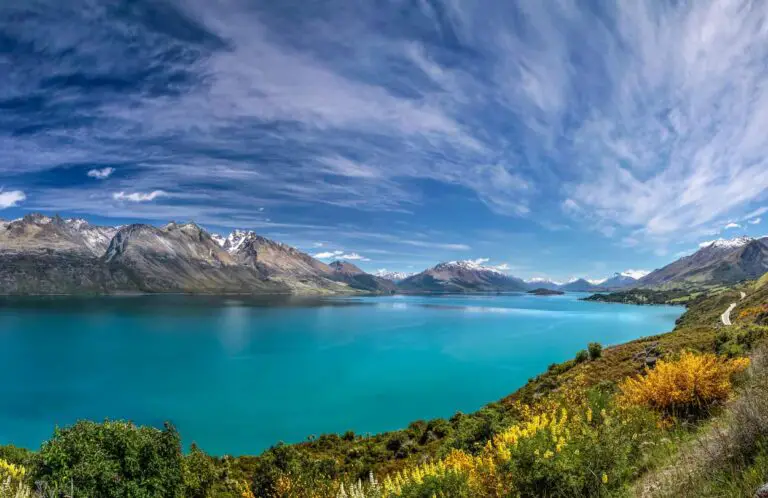
![Flight Time To New Zealand From Different Parts of The World [2024]](https://simplenewzealand.com/wp-content/uploads/2023/05/Air_New_Zealand_Airbus_A321-271neo_ZK-NNB_landing-1-768x432.jpg)
